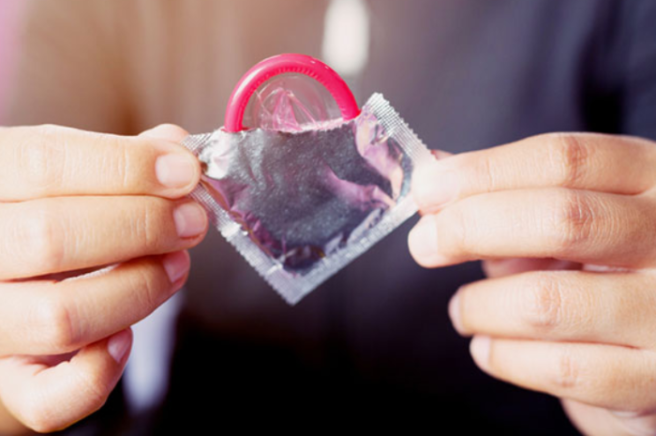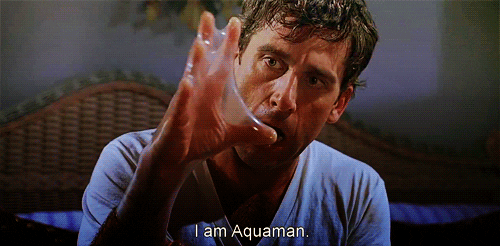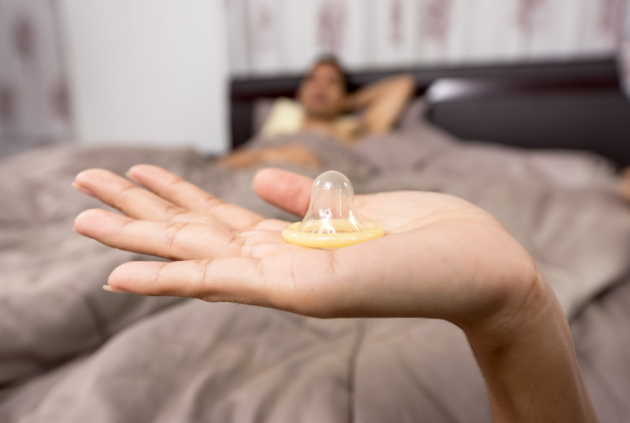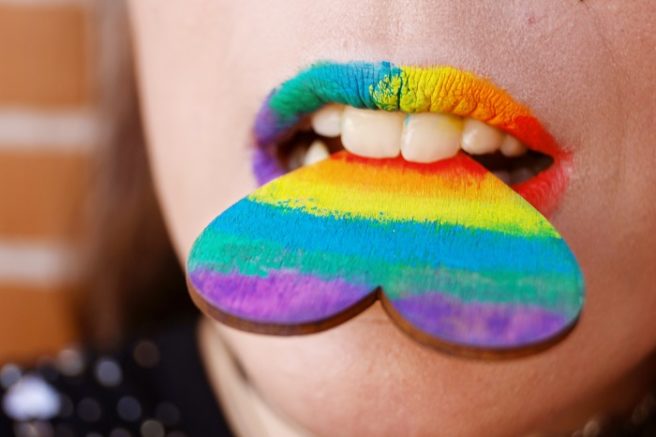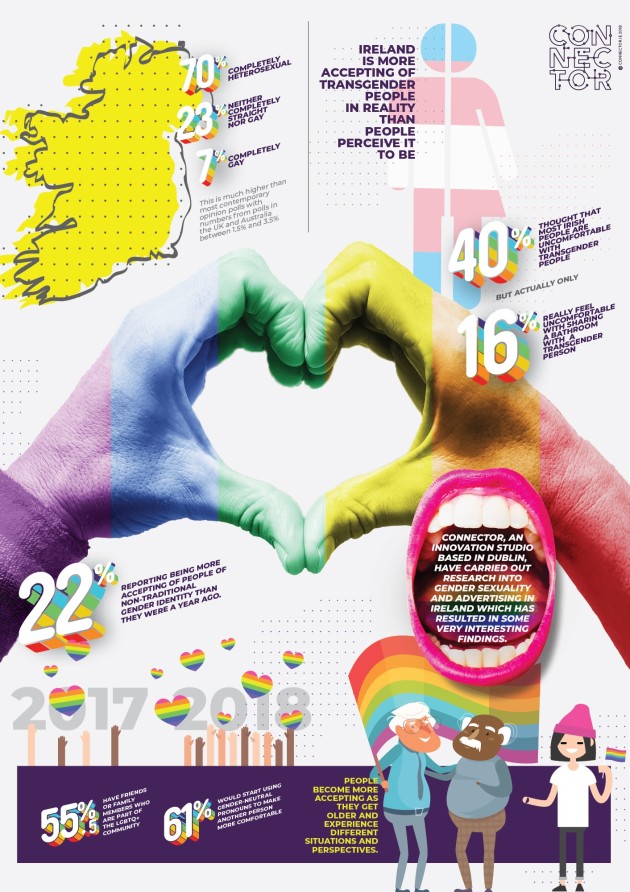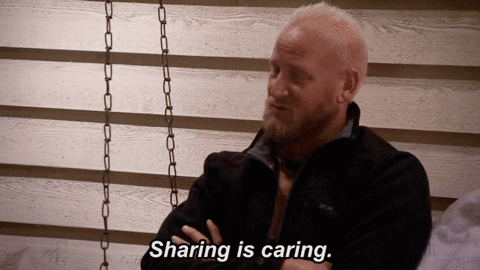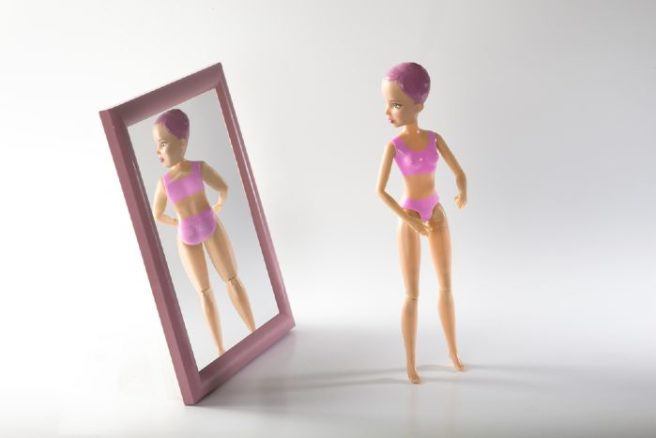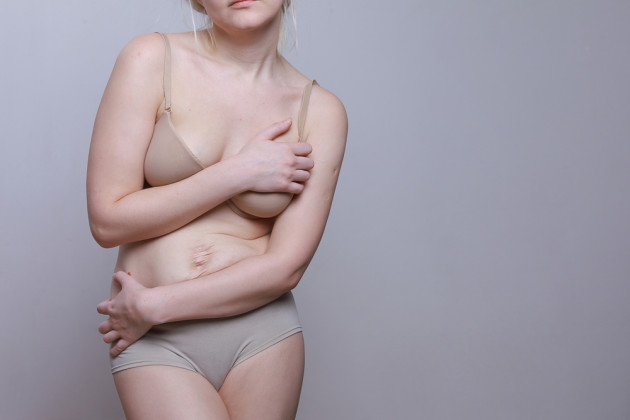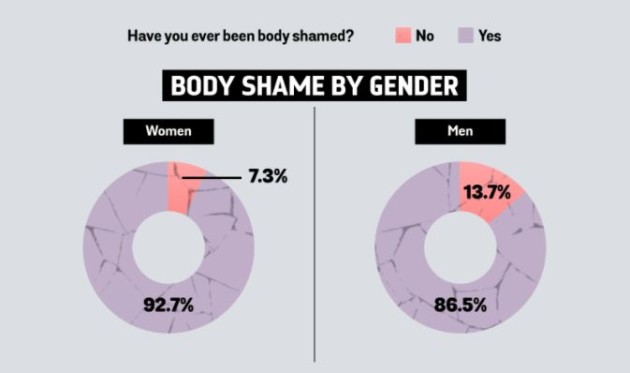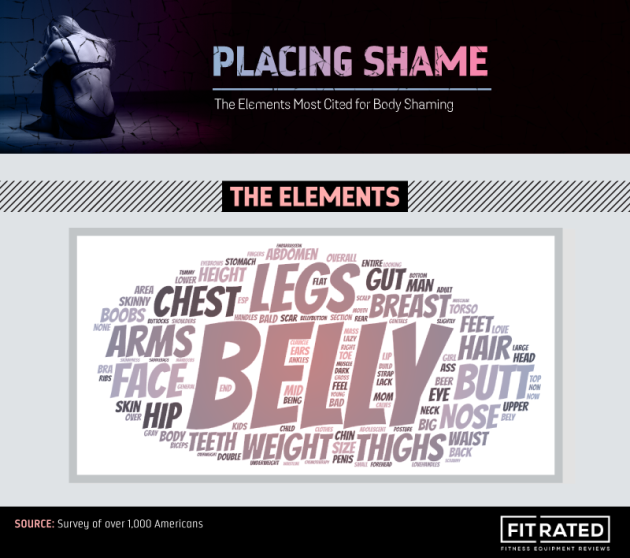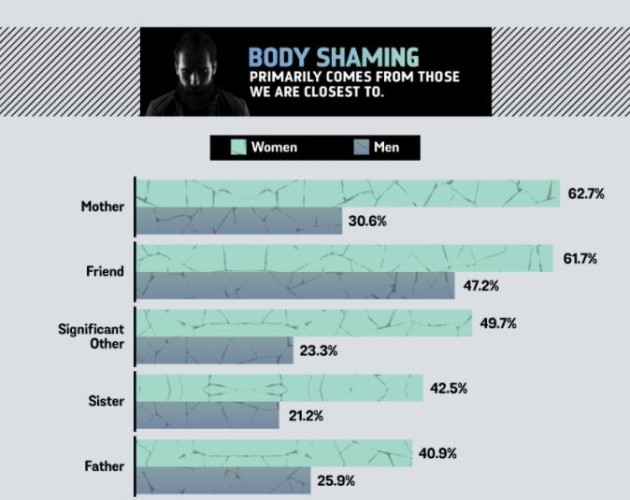
The Irish public’s Academy Award favourites have been revealed
NOW TV has revealed the Irish public's faves for this Sunday's Academy Awards, and some of them just might surprise you.
While many are speculating that Green Book or Bohemian Rhapsody will take the gong, Ireland's top choice for the Best Picture Award is A Star Is Born, featuring Lady Gaga and directed by and starring Bradley Cooper.
Black Panther is also a dark horse in the category, being the first superhero movie to ever be nominated for the coveted prize.
In terms of Irish talent, 44 percent of the nation's participants believe that Saoirse Ronan was robbed of a Best Actress Oscar nod (which would be her FOURTH nomination) for Mary, Queen of Scots.
The starred in the film alongside Margot Robbie as Queen Elizabeth, and many believe her amazing performance deserved the nomination. Her previous category nods include roles in Brooklyn, Lady Bird and Atonement.
20 percent of survery participants said that they will be following the results and outcome on social media, and we suspect many of us will be gaggin' to see the gorgeous couture being donned.
Timothée Chalamet is another reason to watch…Just saying…
Unsurprisingly, Ireland's choice for Oscar host is the white wine-sipping legend that is Graham Norton. The acerbic wit would be pure gas at the Hollywood event, if his hilarious Eurovision content is anything to go by.
The public voted 64 percent in his favour as host. NOW TV also found that 47 percent of Irish people will be watching the 91st Academy Awards on social media, a highlights reel or the news.
25 percent of Irish people will wait until the next morning to get the Oscars gossip, rather than the 20 percent who plan to keep updated as the ceremony happens.
For any Oscars enthusiasts, watching the Academy Awards is easier than ever. NOW TV also calculated Ireland's favourite or most memorable Oscar moments, and they're still scandalous as ever.
The La La Land Best Picture error in 2017 topped the poll as the most memorable Oscar moment, with more than one-third of respondents recalling the horrendous moment that the film was called out as Best Film by MISTAKE, stealing Moonlight's thunder.
Ellen DeGeneres' star-studded selfie was next in line, taking 22 percent of the Irish public's vote.
In terms of red carpet fashion highlights, 26 percent of participants chose Cher's 1986 bare stomach look with a feathered headpiece as the biggest fashion fail. Bjork's 2001 swan dress with egg laying motion was also a high contender in the faux pas category.
Sacha Baron Cohen appearing as Admiral General Aladeen took 21 percent of the fashion fail vote, and Gwyneth Paltrow’s braless goth look from 2002 had 19 percent of the vote.
Kevin Hart stepped down as Academy Awards host in January after homophobic tweets were revealed and he failed to apologise this year for them, leaving the 2019 Oscars hostless. It's a shame Graham Norton wasn't asked…
Ellen DeGeneres topped the polls as the most favourable Oscar's host, taking 29 percent of the participants' favourite vote, and Whoopi Goldberg came second with 20 percent. Steve Martin and Alec Baldwin had 14 percent of the vote as a comedic duo.
31 percent of Irish people want A Star Is Born to sweep the ceremony, and hope for Gaga to win Best Actress (39 percent) and Bradley Cooper as Best Actor (32 percent). They do have outrageously great chemistry… and he should have gotten the Best Director nod too. I stand by that,
NOW TV have given us the goss, and you can watch the ceremony through their website here.
Feature image: @hausofcrybaby/Instagram









